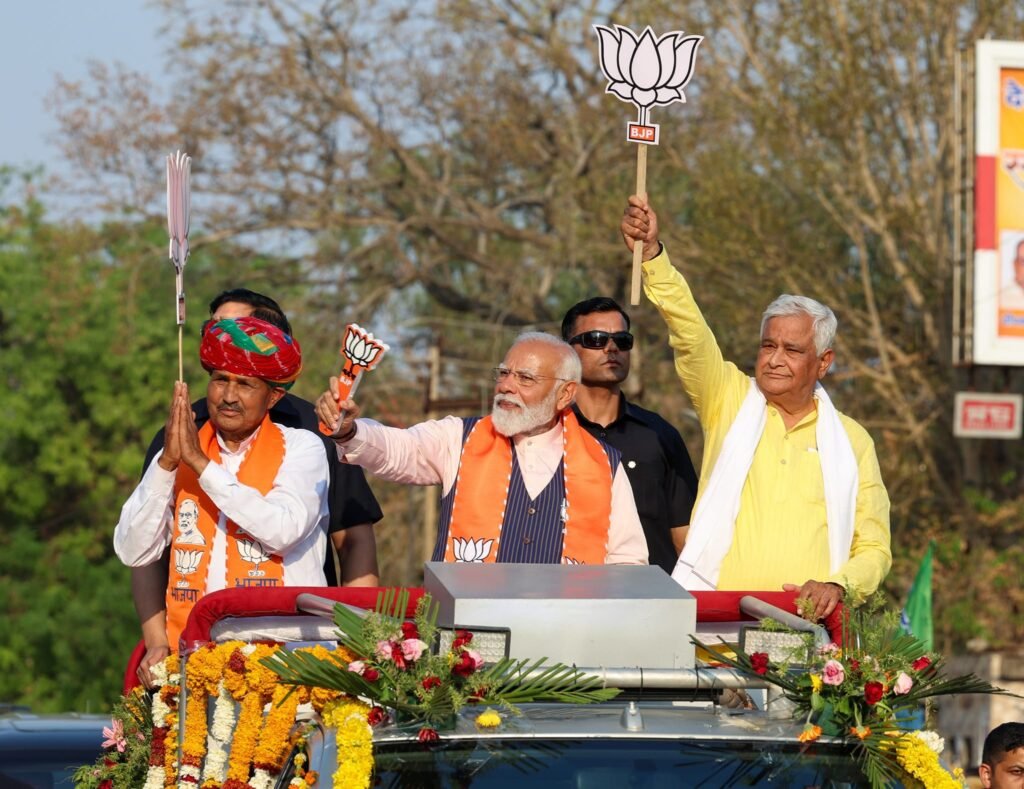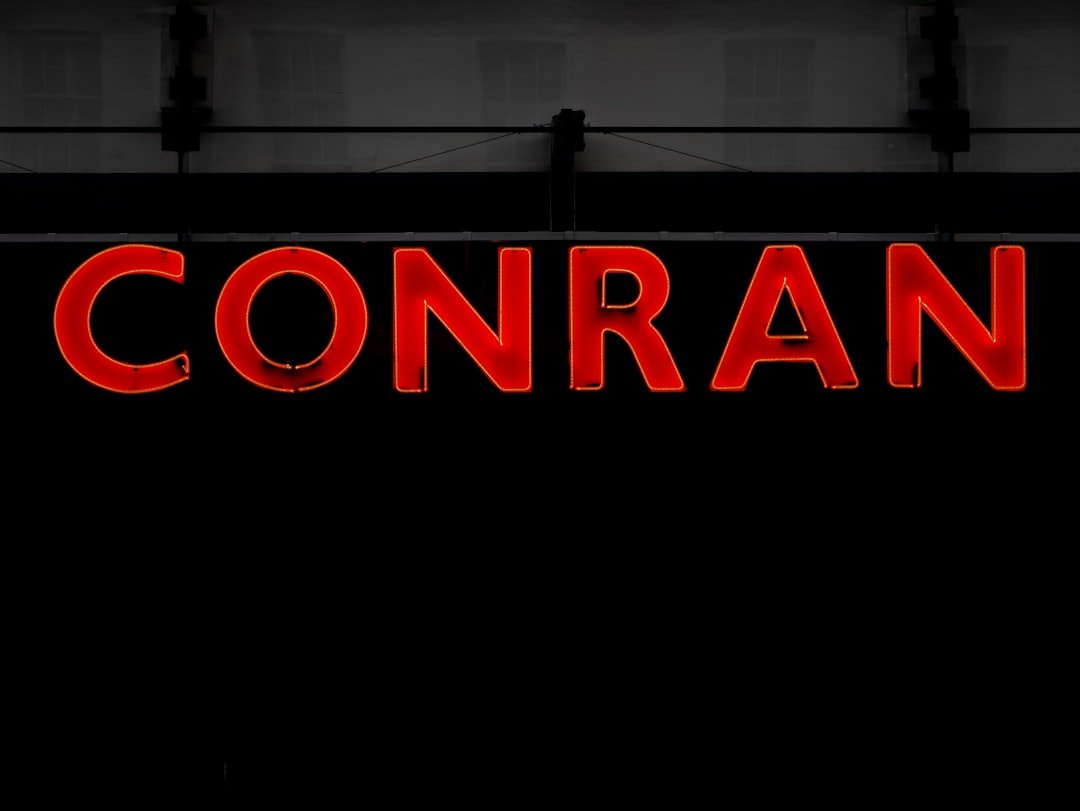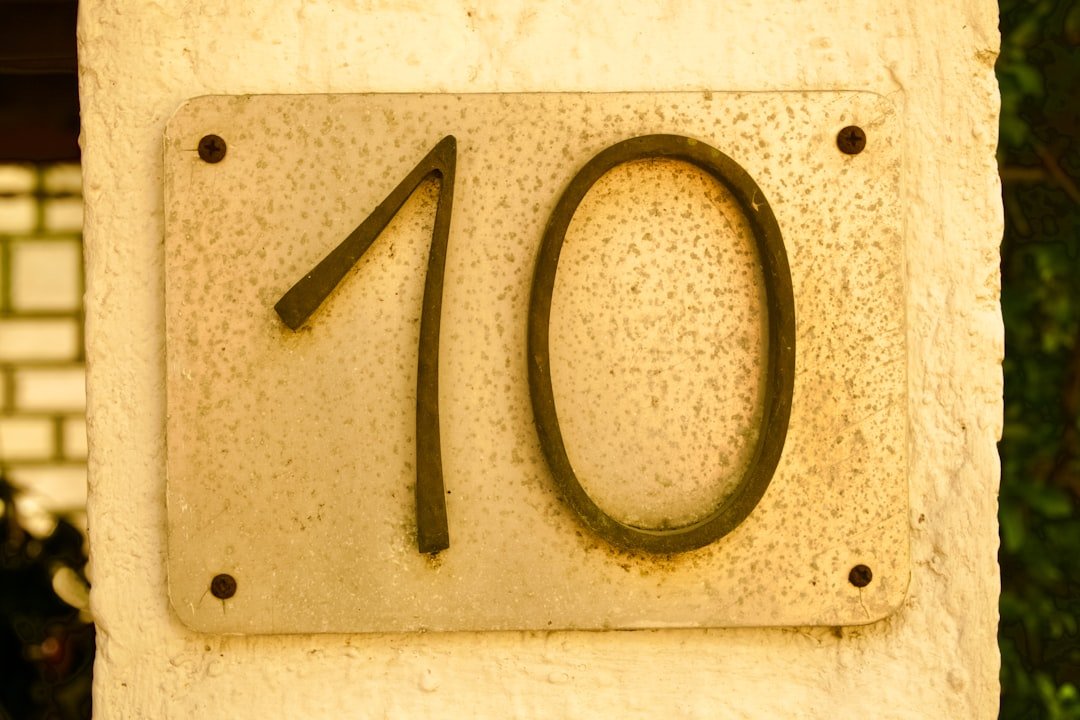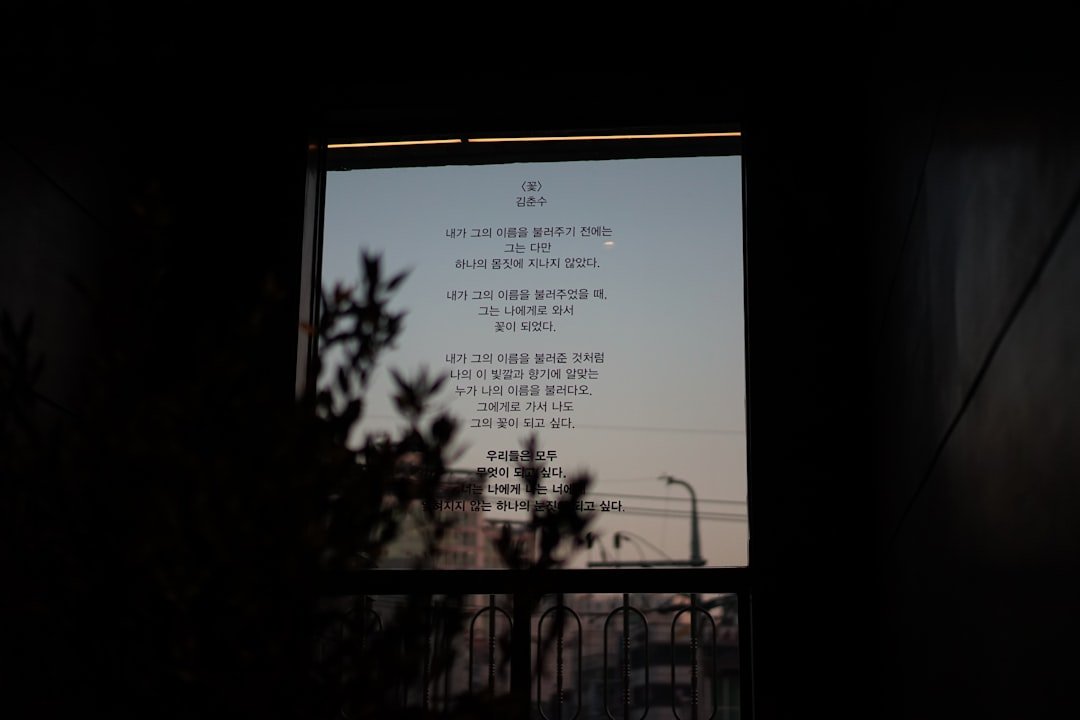
Introduction
Narendra Modi, the Prime Minister of India, is a figure who has been as much in the spotlight for his leadership and policy initiatives as for the controversies that have surrounded him. Modi’s political journey, from the Chief Minister of Gujarat to the highest executive office in India, has been marked by several high-profile controversies. This post explores some of these controversies and examines how Modi has addressed and navigated through them.
Major Controversies
1. The 2002 Gujarat Riots
Perhaps the most significant controversy associated with Narendra Modi is the 2002 Gujarat riots. Modi was the Chief Minister of Gujarat at the time when communal violence broke out, resulting in the deaths of over a thousand people, mostly Muslims. Critics accused Modi of not doing enough to stop the violence, and some even alleged his government’s complicity. Modi has consistently denied these allegations, and subsequent investigations have been inconclusive regarding his direct role. His handling of the situation has been criticized by some and defended by others, reflecting a deep divide in public opinion.
2. Environmental and Land Acquisition Issues
Modi’s push for industrialization and development has often led to controversies over environmental degradation and land acquisition. His government’s policies, favoring large industrial projects, have sometimes been seen as sidelining environmental concerns and the rights of landowners. Modi has responded to these controversies by highlighting the economic benefits of these projects, including job creation and increased industrial output.

3. Demonetization
In November 2016, Modi announced the demonetization of all ₹500 and ₹1000 banknotes, with the aim of curbing black money and corruption. The move led to widespread chaos and criticism as the public scrambled to exchange their currency, with insufficient new banknotes available to replace the old ones. The decision was both lauded for its boldness and criticized for its execution. Modi defended the policy vigorously, stating that the short-term pain was necessary for long-term benefits.
Handling of Controversies
Strategic Communication
Modi has often used direct communication as a strategy to handle controversies. Through radio broadcasts like ‘Mann Ki Baat’ and social media, he addresses the nation directly, bypassing traditional media channels. This approach has allowed him to frame issues on his terms and connect with his audience without intermediation.
Maintaining a Development-focused Image
Despite controversies, Modi has consistently emphasized his agenda of development and progress, which resonates with a significant portion of the Indian electorate. By focusing on initiatives like ‘Make in India’, digitalization, and infrastructure development, he often shifts the focus from controversies to development.
Robust Political Base
Modi’s political base has remained robust, partly due to his party’s organizational strength and his personal popularity. This strong base has provided him with the political capital necessary to weather controversies.
Conclusion
Narendra Modi’s tenure as Prime Minister has been characterized by a mix of staunch support and severe criticism. His handling of controversies shows a blend of direct communication, a focus on development narratives, and leveraging his political base to maintain his position of power. As with any political leader, the full impact of his policies and controversies will perhaps only be clear in the fullness of time.
Frequently Asked Questions (FAQs) About Narendra Modi and His Handling of Controversies
1. What was the 2002 Gujarat riots controversy involving Narendra Modi?
The 2002 Gujarat riots were a significant communal conflict that occurred in the Indian state of Gujarat, resulting in the deaths of over a thousand people, predominantly Muslims. Narendra Modi, who was the Chief Minister of Gujarat at the time, faced accusations of not doing enough to control the violence. Critics suggested possible complicity of his government, though Modi has consistently denied these allegations, and subsequent judicial investigations have not conclusively proven his involvement.
2. How has Narendra Modi responded to environmental criticisms related to development projects?
Narendra Modi has faced criticism for prioritizing industrial development potentially at the expense of environmental sustainability and local land rights. His government has often argued that such projects are vital for economic growth and job creation, presenting these benefits as outweighing the environmental costs. Modi’s administration has also implemented several policies aimed at boosting renewable energy and sustainable development, although debates on balance and priorities continue.
3. What was the rationale behind the demonetization policy implemented by Modi’s government?
The demonetization policy announced in 2016 aimed to curb black money, reduce corruption, and disrupt terrorist financing by rendering the existing ₹500 and ₹1000 banknotes invalid. The government argued that this would also help in transitioning India towards a more digital economy. However, the rollout was met with significant logistical issues, leading to debates about its planning and the hardship it caused to the general populace.
4. How does Narendra Modi use media and communication to handle controversies?
Modi often employs a direct communication strategy, utilizing social media platforms and his monthly radio program ‘Mann Ki Baat’ to speak directly to the citizens. This approach helps him bypass traditional media channels and control the narrative, thereby directly addressing controversies and setting his agenda.
5. How has Modi’s political base affected his handling of controversies?
Narendra Modi’s strong political base, supported by the Bharatiya Janata Party’s extensive organizational network, has played a crucial role in his ability to manage controversies. His popularity among a significant section of the Indian electorate allows him to maintain political stability and authority, even in turbulent times.
6. How do supporters and critics view Modi’s handling of controversies?
Supporters of Modi often view his handling of controversies as firm and assertive, applauding his direct approach and focus on long-term benefits over short-term hurdles. Critics, however, argue that his methods can be divisive and that some policies may sacrifice democratic ideals and minority rights for broader populist gains.
7. Has Narendra Modi’s approach to controversies changed over his tenure?
Over his tenure, Modi’s approach to handling controversies has shown a consistent pattern of direct communication and maintaining a development-focused narrative. While the specific strategies may vary with circumstances, the core approach of leveraging his political base and using direct public engagement remains predominant.
These FAQs aim to provide a balanced view of how Prime Minister Narendra Modi has handled various controversies during his political career, highlighting both the strategies employed and the differing perspectives on their effectiveness.








